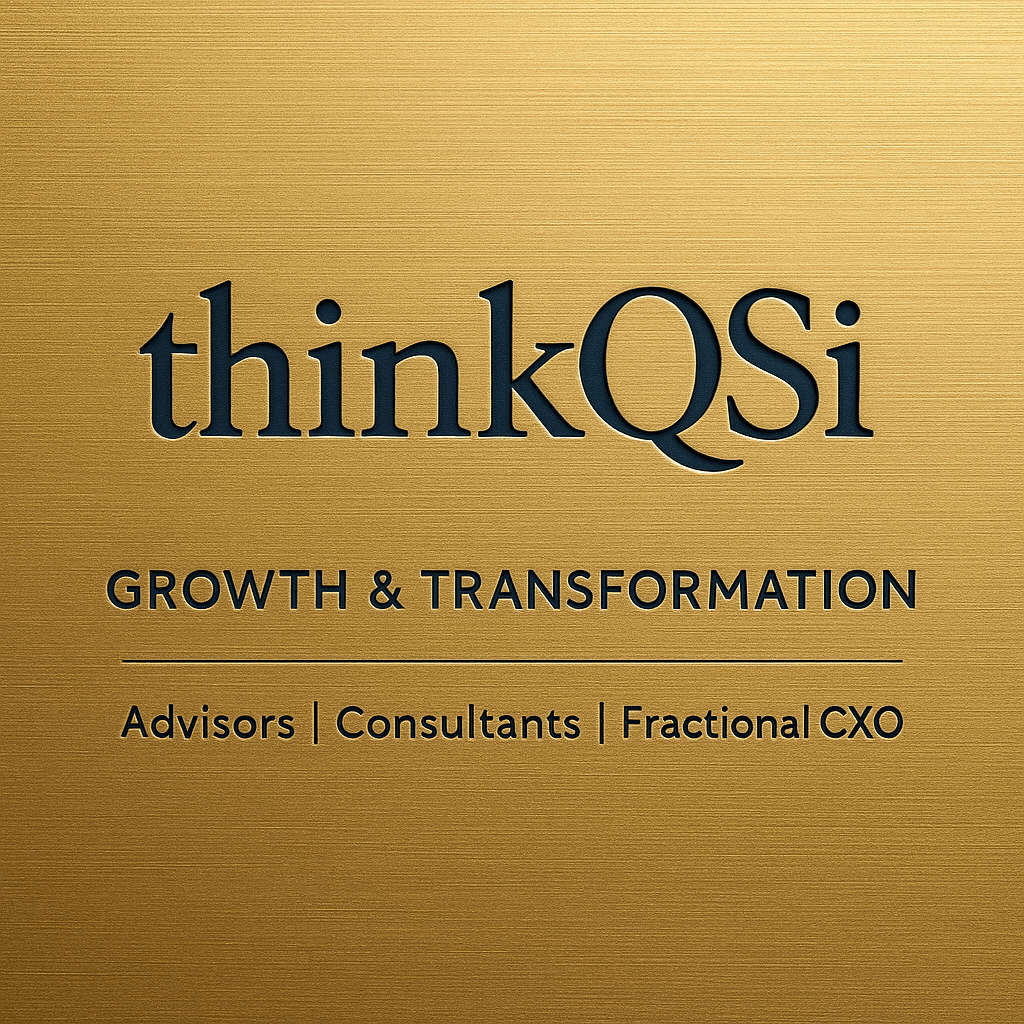Rethinking Fractional: Focus on Impact, Not Titles
The Rise of Fractional Roles
In recent years, the concept of fractional roles has gained significant traction across various industries. Traditionally, companies have relied on full-time employees to fill key positions. However, the landscape is evolving, with businesses increasingly embracing fractional professionals who bring specialized expertise on a part-time basis. This shift allows companies to access high-level talent without the commitment of a full-time hire.
Fractional roles are particularly appealing to startups and small businesses that need expert guidance without the financial burden of a full executive salary. By employing fractional leaders, these organizations can leverage the knowledge and experience of seasoned professionals to drive growth and innovation.
Beyond the Title: Measuring Impact
While fractional roles are often associated with titles like "fractional COO", "fractional CFO" or "fractional CMO," it's crucial to shift the focus from titles to the actual impact these professionals have on an organization. Rather than being confined to a specific job description, fractional professionals often wear multiple hats, allowing them to contribute in diverse ways that extend beyond their nominal title.
Measuring the impact of a fractional professional goes beyond traditional metrics like revenue growth. It involves assessing their ability to create sustainable processes, foster innovation, and build a resilient organizational culture. By doing so, companies can ensure that their investment in fractional talent yields tangible benefits.
Key Advantages of Fractional Professionals
One of the primary advantages of hiring fractional professionals is the flexibility they offer. Businesses can engage these experts for specific projects or time periods, adapting their involvement according to organizational needs. This flexibility enables companies to quickly respond to market changes and seize new opportunities.
- Cost-effectiveness: Fractional roles allow access to top-tier talent without incurring the costs associated with full-time employment, such as benefits and bonuses.
- Diverse expertise: Fractional professionals often bring a breadth of experience from various industries, offering fresh perspectives and innovative solutions.
- Scalability: As a business grows, fractional roles can be adjusted in scope and scale, providing strategic support during transitional phases.
Aligning Goals with Fractional Talent
To maximize the impact of fractional professionals, companies must ensure their goals align with those of the talent they bring on board. Clear communication and a well-defined scope of work are essential in this process. By setting expectations from the outset, both parties can work towards common objectives and achieve meaningful outcomes.
Engaging fractional talent also requires an openness to collaboration and feedback. Encouraging an environment where fractional professionals feel valued and integral to the team can lead to enhanced performance and greater contributions.
The Future of Fractional Roles
As the business landscape continues to evolve, the demand for fractional roles is likely to increase. Companies will increasingly recognize the value of focusing on impact rather than titles, leading to more innovative and agile organizational structures. This trend will not only benefit businesses but also offer professionals greater freedom and flexibility in their careers.

Ultimately, rethinking fractional roles by emphasizing impact over titles represents a paradigm shift that can redefine how organizations operate and succeed in today's dynamic environment. By embracing this approach, companies can harness the full potential of their workforce and drive sustained growth.
---
Insights from Anwer Qureishi, Thought Leader & Entrepreneur
Ready to accelerate growth? Schedule a Consultation with Anwer Qureishi, Founder, Q&S International (ThinkQSi).
